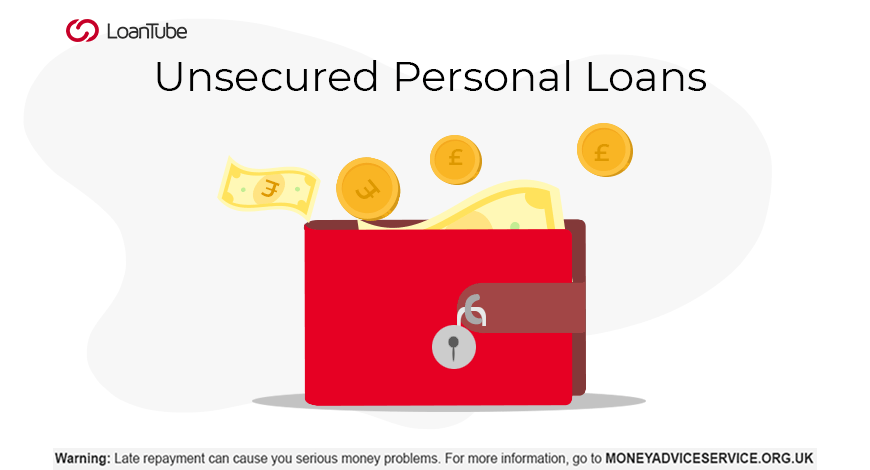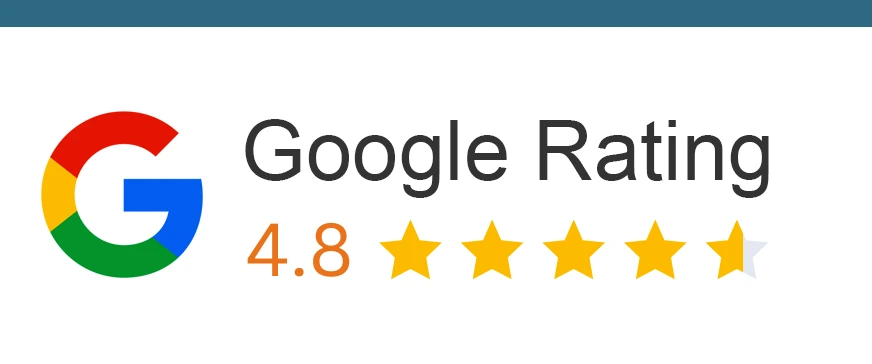Are unsecured loans they really unsafe? They are called unsecured loans solely because they don’t require a collateral. We’ve attempted to take deep dive into unsecured loans, and the nitty gritties of borrowing.
A secured loan is a loan in which lenders require any asset as security against the loan. These loans are less risky for lenders as there’s security involved, in case the borrower defaults. However, from a borrower’s point of view, they are quite risky as the lender can easily repossess your asset.
Unsecured loans, on the other hand, are more straightforward. You don’t have to declare collateral, hence the name ‘unsecured’. The lender lends money and the borrower has to repay it within the agreed-upon term for the loan, so there’s more risk involved for the lender. However, because of the increased risk, the interest rates levied on these loans are higher than that of secured loans.
Unsecured loans may not require collateral to cover the loss that a lender will incur, should the borrower default, but the inability to repay this loan will cause direct damage to your credit score. When your credit takes a hit, it’ll hinder with your ability to find low-interest loans in future.
We’ve done a complete analysis of how unsecured loans work, in order to help you learn more about them.
Maximise your options: Compare and apply for loans below with LoanTube
Apply Filters
How to identify a legitimate unsecured credit lender?
Identifying the right lender is an imperative step while choosing your unsecured personal loan. Keep in mind the following factors before accepting a loan offer:
- The lender should check your repayment potential: A legitimate lender will put your loan application through careful scrutiny – they’ll check your credit score, income as well as ongoing debts. They will check your repayment history to see if you’ve defaulted in the past.
- Will explicitly mention an APR: Annual Percentage Rate is basically the overall cost of borrowing a loan. If you don’t check the APR in the beginning, you may end up paying way more than planned.
- Will offer competitive and transparent rates: Generally, personal loan repayments are made in monthly instalments, where you essentially pay towards the principal. Reputed lenders usually provide a repayment period of 1 to 2 years, which is fair and justified.
- Report all timely repayments to Credit agencies: Lenders are obligated to report your monthly repayments to at least one credit agency. This will help you improve your credit score.
- Shop around before settling for an offer: In order to get an optimal offer on the table, it is important to shop around for it. Find a one-stop-shop for your loan. For instance, with LoanTube, you can compare loans from multiple lenders based on Real Interest Rates, with just a single application form.
Visit www.loantube.com today, for quick and hassle-free borrowing experience!
Now that you have a better idea about identifying the right lender and avoiding loan sharks, you’ll have most fishy lenders filtered out. The next step then, is to decide which lender you want to approach and how?
Online loans Vs In-person borrowing: which is better?
Once you know what you’re looking for, then only another thing left to decide is how you’ll approach it. You’ve done the math, now you’ve to figure out if you want to involve a loan officer with conventional lending, or want to go online and manage your loan at the click of a button.
Borrowers benefit from this competition between traditional and online lenders, as there’s an increased chance of finding a more favourable deal. However, online loans pre-qualify borrowers, which is a unique advantage.
Following are some of the factors that could influence your choice of borrowing – online or offline:
- Traditional loans offer personalized service: Some of us prefer a personal touch while applying for a loan. Having an actual person handling your loan and ensuring a smooth process is satisfactory. People who are good at relationship building might use this opportunity to negotiate with the lender for a better deal. However, personalized services often come with an additional cost. So you have to be willing to pay a premium if this is what you’re looking for.
- Online loans can be quick and hassle-free: Online lenders can be faster than traditional lenders. Same goes for banks that offer an online loan application process. You can expedite your research process and filter out unwanted offers as online lenders tend to provide their rates on their website itself. Therefore, online lending is a faster and more straightforward procedure.
- You have to be confident about handling an online application process: Sometimes, letting scepticism get the best of you, can save you from a lot of trouble. If you feel apprehensive about sharing your personal information to a lending site, traditional lending may be a better option for you. You may not be able to directly contact an online lender, so it is best to avoid the stress and approaching a lending office. Online lending is better if you’re more tech-savvy and feel confident about handling the process online.
- Which lender offers you the best deal: It all boils to this – which lender offers you the most favourable deal. Online lenders can help you give you prospective rates through pre-qualification. This helps you make a more planned borrowing decision.
However, if you don’t have a stellar credit score, resorting to traditional lending with a credit union or a community bank may help you get a loan. These organizations are often willing to take a risk that normal lenders would avoid.
Once you’ve chosen a lender, the next thing to consider is the loan origination fee.
Loan origination fee
A loan origination fee is a one-time fee that you pay to a lender after your loan is approved. This fee can either be charged upfront, or added to the loan as balance. The loan origination fee is generally 1% to 8% of the total loan amount. The amount of fee you’re charged depends upon your credit score, loan amount and the tenure of your loan. APRs usually contain loan origination fees.
Do you need to pay this fee?
If you’ve found multiple offers, it is better to choose the one whose APR (which includes the origination fee) is lower than others. A smarter option would be to go for a loan with a lower overall APR, instead of a loan with higher an APR, if you’re just looking to avoid paying an origination fee. If your lender charges a personal loan origination fee, know that it is non-negotiable.
Do give your loan agreement a thorough read, and look for any fees, apart from the origination fee. If your lender has levied an additional processing fee, you may be able to question your lender regarding an undisclosed fee that they charged, and take action.
In conclusion, we encourage you to choose the best and most convenient loan option for yourself. We advise customers to not choose the very first offer that they get. If you shop around, you may get a better deal with fees that won’t overwhelm you. It can be difficult to surf from site to site looking for a loan, that why, we recommend using loan comparison platforms, like ours, to make borrowing less cumbersome.
Visit our blogs for more money tips to get a better grip on your finances.


